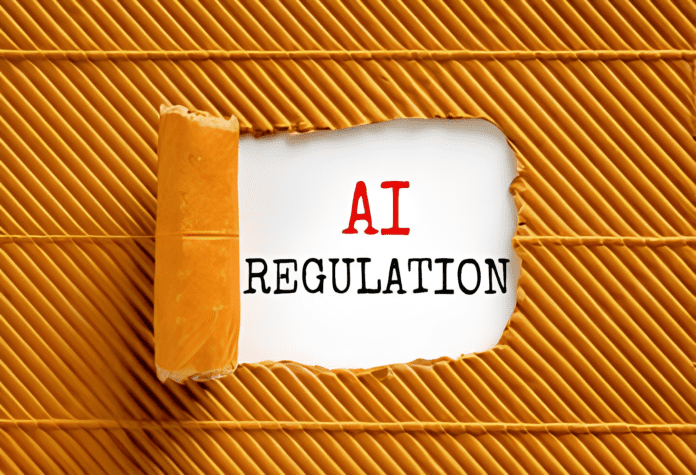The European Union’s (EU) intentions to limit AI foundation model freedom are facing opposition from France, Italy, and Germany. The whole Open AI fiasco proved that democratic institutions should govern strong AI systems. Although generalizations make it seem like one can be for or against regulation, the nuances make a difference. The acceptable trade-offs and the proper course of AI legislation are contentious issues. The political debate over the EU AI Act’s inclusion or exclusionary provisions is taking place.

The European Union is gearing up for the last round of negotiations on the historic AI law this week when delegates will work to iron out the intricacies. However, democracies have not yet adopted a version as thorough as the European Union. However, the political entente fell apart at the eleventh hour, even though it was initially based on the Act.
The Act’s original intent was to establish standards for the reasonable reduction of risks associated with certain AI tasks. If a business were to offer an AI service to vet potential students or employees, for example, it would need to ensure that its algorithms wouldn’t unfairly discriminate against anyone. To safeguard individuals’ privacy, stricter regulations would be imposed on facial recognition systems, and the usage of some of the most advanced AI systems, including social credit scoring, would be outright prohibited.
With the publication of ChatGPT and the public’s growing comprehension of general-purpose AI, however, there were also increasing requests to control this through the AI Act. The technology that can run AI apps independently and form the backbone of many more is foundation models. From content filtering to facial recognition, they may be trained to generate text, images, and sound. Given this limitless potential, it would be a shame to miss a chance to protect people by not including foundation models in the law. Foundation models are also addressed in the G7 Code of Conduct and the White House AI executive order.

But the French, Italians, and Germans are fighting back against this plan, saying that their fledgling domestic AI firms will be unable to compete with American behemoths if foundation models are strictly regulated. The desire for sovereign AI capabilities by countries like Germany and France is understandable, given the far-reaching effects of these technologies, but their opposition to regulation is misguided.
Envision the havoc that could be wreaked if a single mistake in a foundation model went undiscovered and thousands of users used it to develop apps. Can we justly punish a company for utilizing another’s product? Concern over the compliance cost among the value chain’s smallest actors is understandable among SME associations.
Having the powerful shoulder, the most responsibility is the most rational choice. Market concentration, privacy erosion, and safety concerns will not be independently examined if businesses like Open AI, Anthropic, and Google DeepMind are left to their own devices. Why not establish a trusting environment and deal with the issue from the ground up? Being subject to scrutiny by the most powerful firms is not just cheaper in the long run. Still, it’s also nearly hard to untangle the data, models, and algorithmic modifications made in the past.

In a field where safety, prejudice, fakes, and hallucinations (a polite way of saying AI lies) are still issues, verifiable monitoring should also help companies.
The European Union’s representatives negotiating the AI Act have proposed a graduated system of restrictions on basic models, to regulate them in a way that is commensurate with their impact. That implies it will only apply to a limited set of businesses, giving others room to expand before they are stifled. Also, the new regulations should be flexible enough to accommodate future technological developments since foundation models are continually refined.
The last stages of talks are notoriously tricky, but that should be no surprise. Many are concerned that the current tensions could lead to the demise of the AI Act and are not familiar with the dynamics of legislative struggles. There is great interest on both the domestic and international levels in the outcome of the EU’s vote on the proposed bill. The top politicians can come to a consensus on rules that will last. Whether the engineers behind the system were from France, the United States, or Germany, great technological might should inevitably come with great responsibility.




